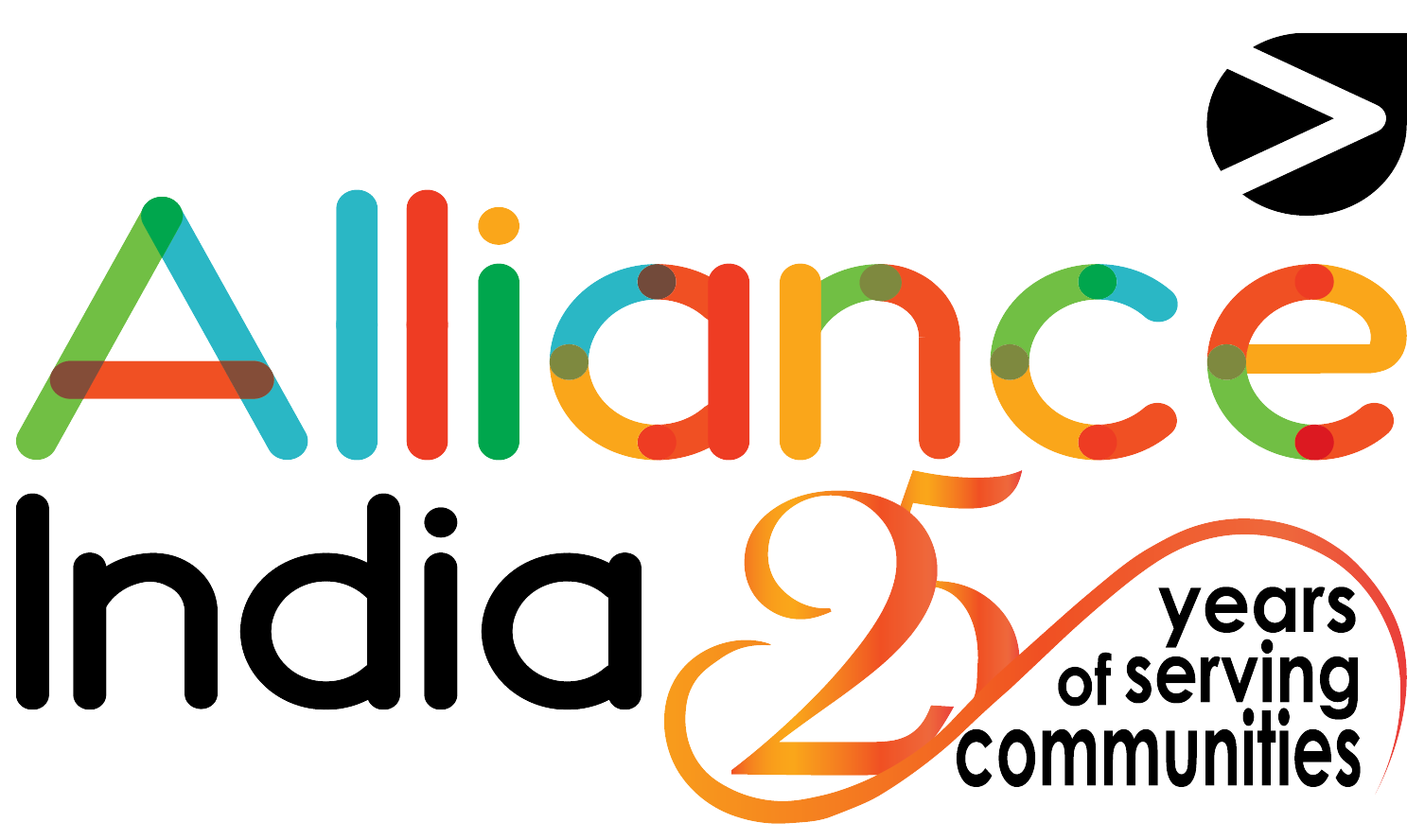For the people, of the people, by the people: Toward self-managed treatment for PWUD
Today, thousands of people who use drugs (PWUD) in India benefit from harm reduction services. There are over 150 NGO-operated Opioid Substitution Therapy (OST) centres in the country. In addition, OST services in government hospitals have recently been scaled-up, and methadone treatment is now an option in five major cities.
While developments such as these in drug treatment and harm reduction are positive steps, the situation sadly remains grim. Minimum standards exist for private treatment centres, but these standards primarily reflect a centre’s infrastructure. Simply put: Good infrastructure does not amount to quality care. Good infrastructure does not translate to good counselling or necessary attention to withdrawal symptoms. Withdrawal is the crux – any user’s worst nightmare – and the failure of treatment centres to take care of withdrawal symptoms can and often does undermine the detox process.
If we do not receive proper care, we lose all trust.
Many families spend their hard earned money to ensure treatment for their loved ones. When users enter treatment only to meet with discriminatory attitudes, clinical incompetence, confinement and neglect, there is no rehabilitation.
Fortunately, influential stakeholders are beginning to wake up to this reality. At a panel discussion in New Delhi during the Support. Don’t Punish (https://supportdontpunish.org/) Global Day of Action on June 26th 2015, the Honourable MP Shri P.D. Rai pledged to include members of the drug-using community as partners in designing a new kind of treatment centre, one that would offer a safe platform for thousands of users to recover.
What we importantly need today are treatment standards for PWUD that ensure quality care (not just adequate infrastructure!) and the redesign of treatment centres conceptualized, created and managed by the community members themselves.
The authors of this post are G. Charanjit Sharma and Timothy G. Peters. Charan has more than 15 years of professional experience in the fields of drug use, HIV/AIDS, and human rights of people who inject drugs. He serves as Senior Technical Advisor on Drug Use & Harm Reduction at India HIV/AIDS Alliance and as Secretary of the Indian Drug Users Forum. Tim is an Intern in the Drug Use & Harm Reduction team at India HIV/AIDS Alliance.
Other Recent Articles
- Youth Voices: Life with HIV in Contemporary India 26 September, 2023
- Empowering Transgender Community to create an Equal World 20 July, 2023
- Combating Stigma and Discrimination Among People Living with HIV 7 July, 2023
- Understanding the Significance of HIV Testing: Impact on Individuals, Relationships, and Society 22 June, 2023
- Empowering Lives during Unrest l Our Commitment to Manipur 5 June, 2023
- Empowering the Transgender Community: Alliance India Initiates Transgender ID Card Registration Drive 17 May, 2023
- The Struggle of Embracing Identity- International Day Against Homophobia, Transphobia and Biphobia 17 May, 2023
- Innovaccer Provides Support to Ensure Quality Health Services to Children Living with HIV 5 May, 2023
- The Essential Role of Social Protection Schemes for People Living with HIV 13 April, 2023
- Marriage is only between a biological male and biological female,” Centre tells Supreme Court 14 March, 2023
- Made by Nicdark - Copyright 2020
- donations@ong.com
- volunteers@ong.com
- contact@ong.com
India HIV/AIDS Alliance (Alliance India)
A not-for-profit Section 8 Company with Registration No: U85310DL1999NPL098570
Contact
-
6, Community Centre
Zamrudpur Kailash Colony Extension
New Delhi – 110048 - +91-11-4536-7700
Download
©2021 All Rights Reserved by Alliance India



Leave a Reply